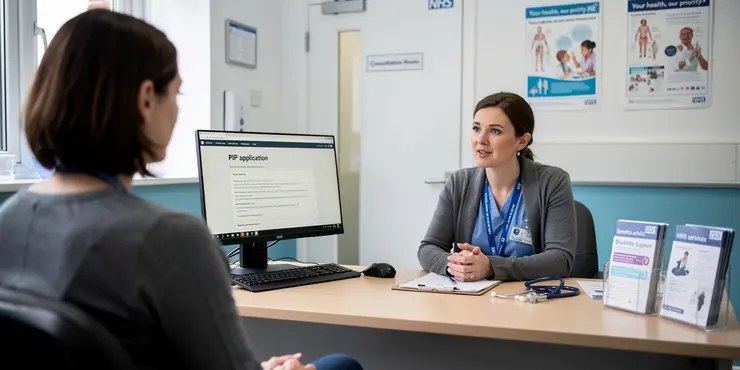
Find Help
More Items From Ergsy search
-
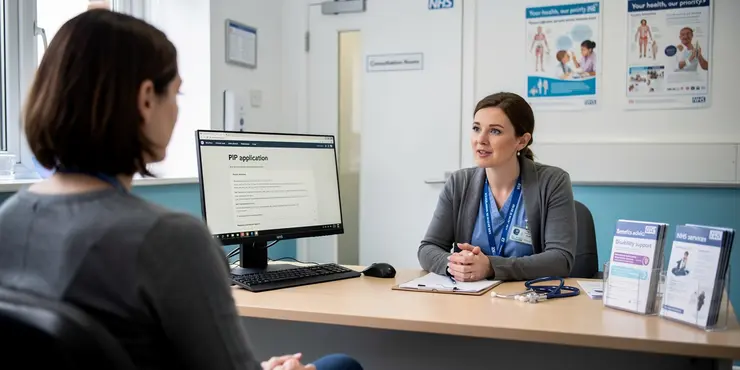
What is Personal Independence Payment (PIP)?
Relevance: 100%
-
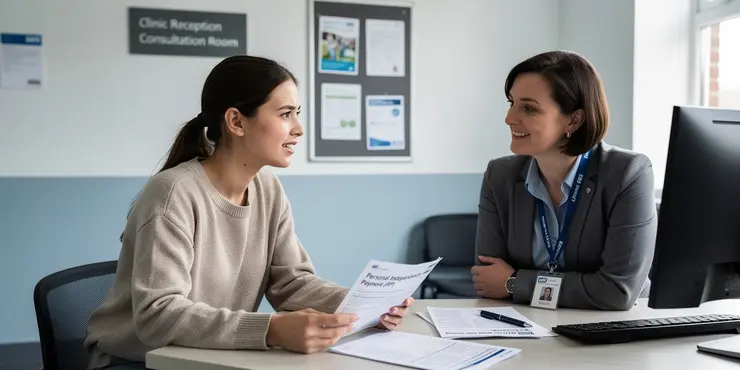
What is Personal Independence Payment (PIP)?
Relevance: 95%
-
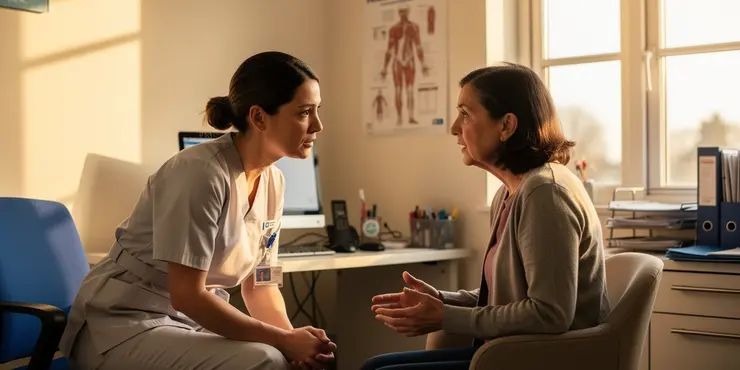
What is Personal Independence Payment (PIP) & Attendance Allowance?
Relevance: 89%
-
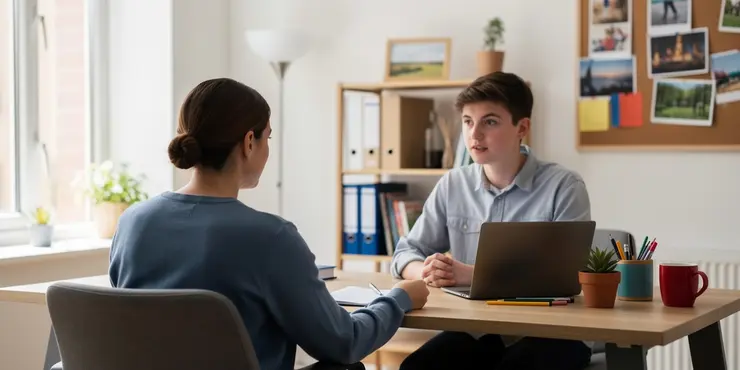
Can people with autism lead independent lives?
Relevance: 50%
-
What is the role of independent financial advisors in pension planning?
Relevance: 47%
-
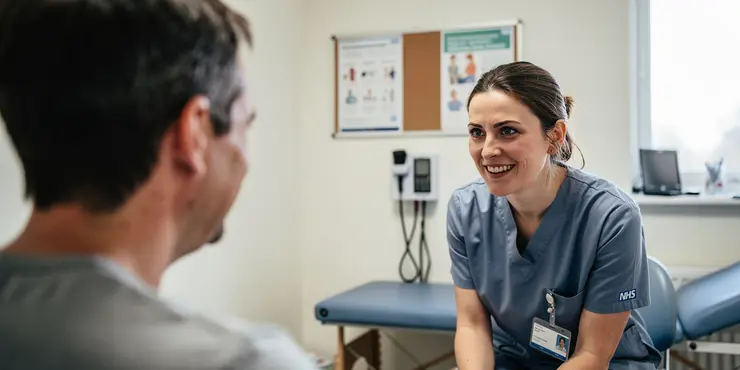
Can the payment be used for any expenses?
Relevance: 43%
-
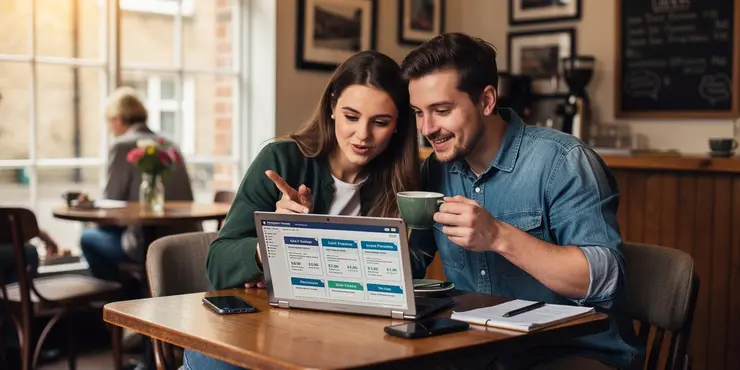
Should I buy holiday insurance from a travel agent or search independently?
Relevance: 42%
-
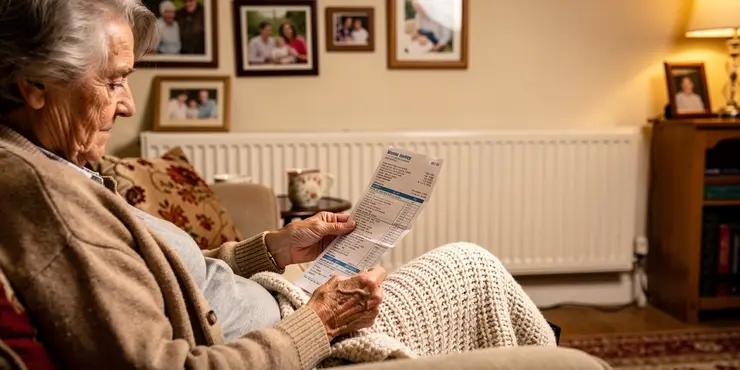
Can I get the Winter Fuel Payment if I receive other benefits?
Relevance: 42%
-
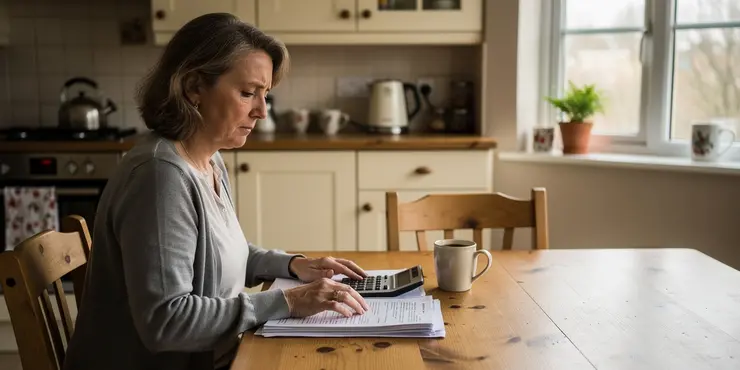
Can I receive this payment alongside other cost of living payments?
Relevance: 40%
-
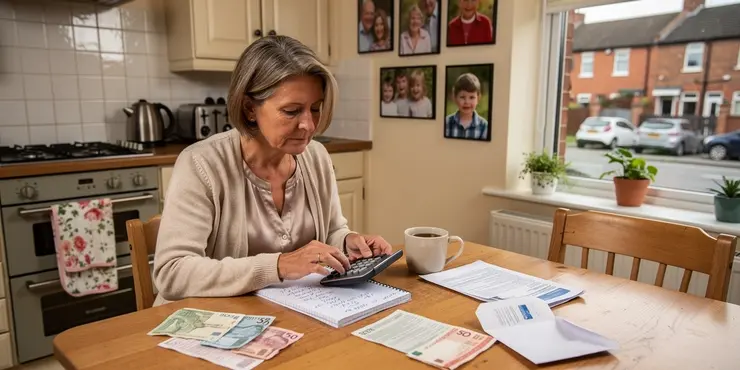
Is the £500 cost of living payment a one-time payment?
Relevance: 40%
-
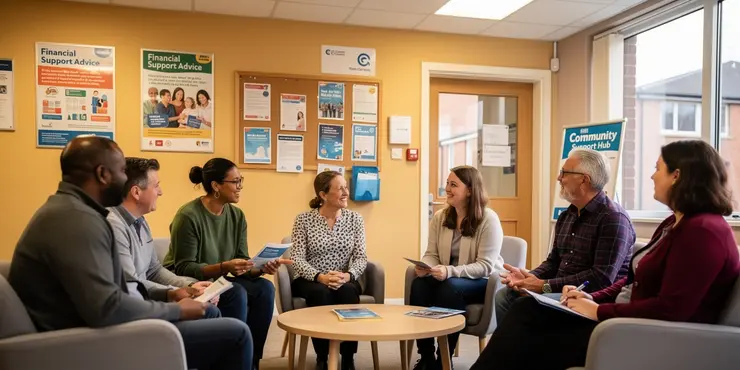
Is the £500 cost of living payment a one-time payment?
Relevance: 39%
-
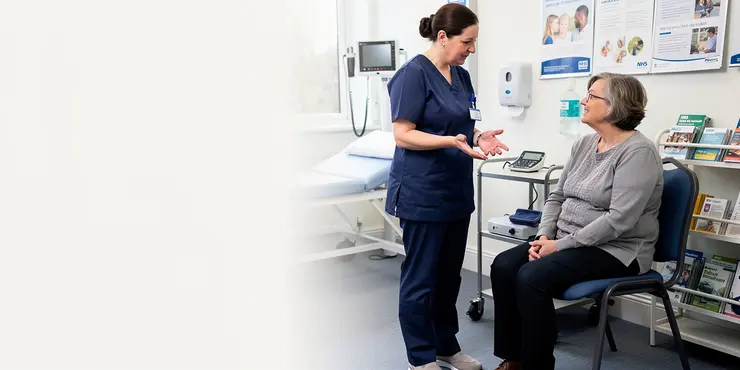
How long will it take to receive the payment after applying?
Relevance: 37%
-
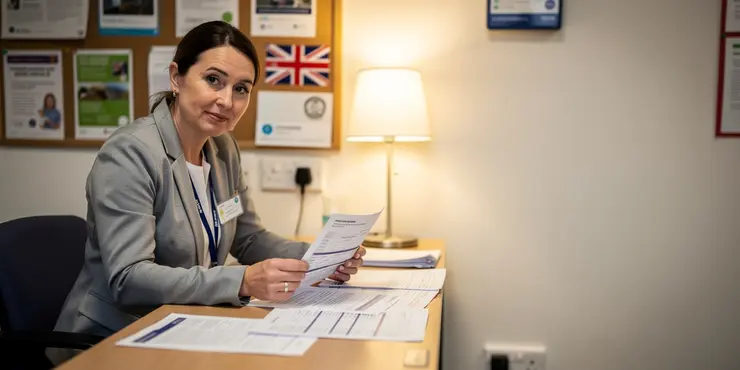
Can I apply for the payment for someone else?
Relevance: 37%
-
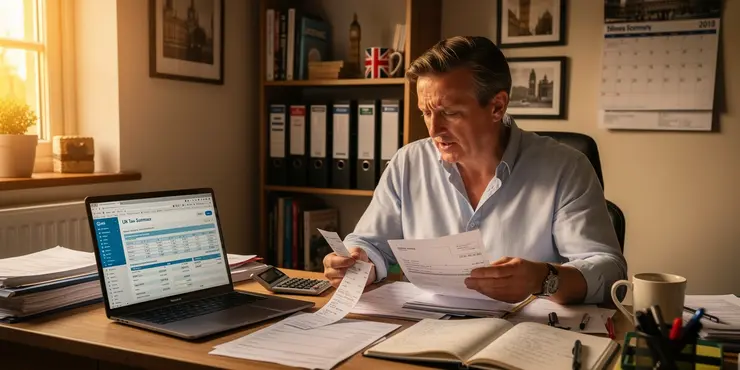
What is a payment on account?
Relevance: 37%
-
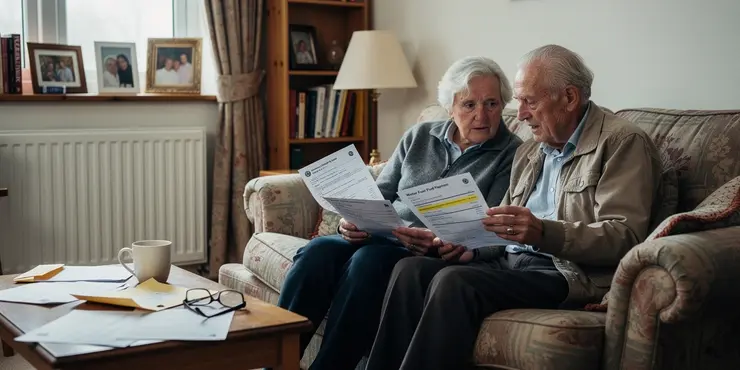
Is the Winter Fuel Payment taxable?
Relevance: 37%
-
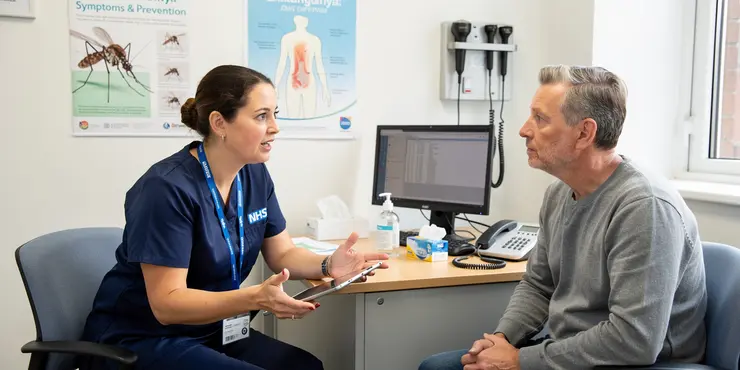
Can Chikungunya be transmitted from person to person?
Relevance: 36%
-
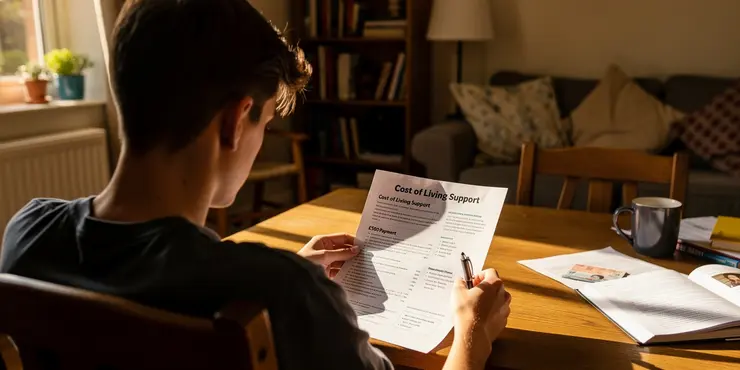
Are students eligible for the £500 cost of living payment?
Relevance: 36%
-
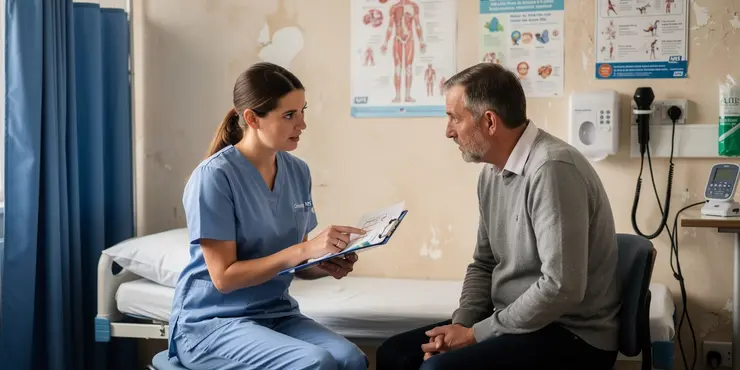
When will the £500 payment be distributed?
Relevance: 36%
-
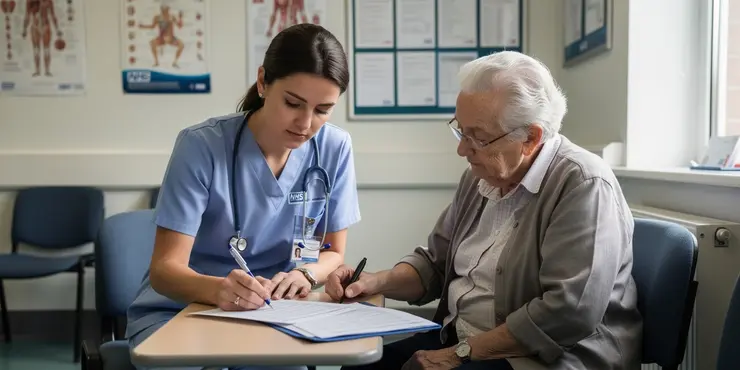
Can I claim the Winter Fuel Payment on behalf of someone else?
Relevance: 36%
-
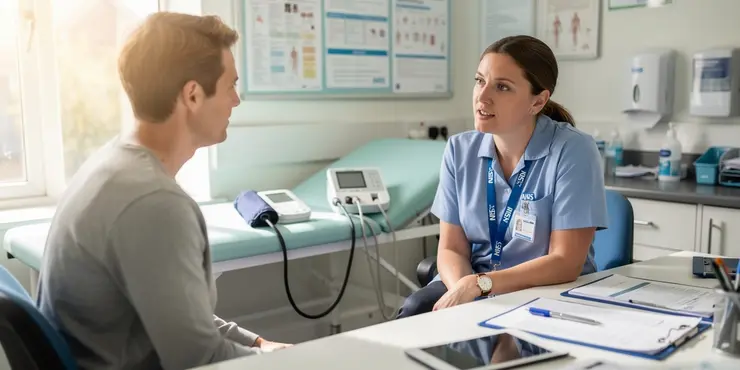
Where can I find more information about the £500 cost of living payment?
Relevance: 36%
-
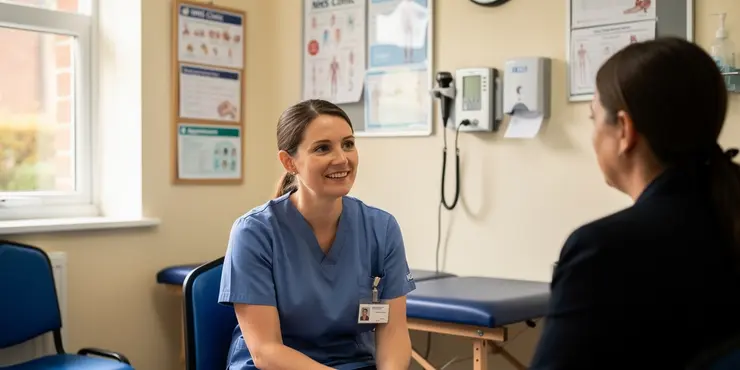
Can I receive the payment if I already receive other benefits?
Relevance: 36%
-
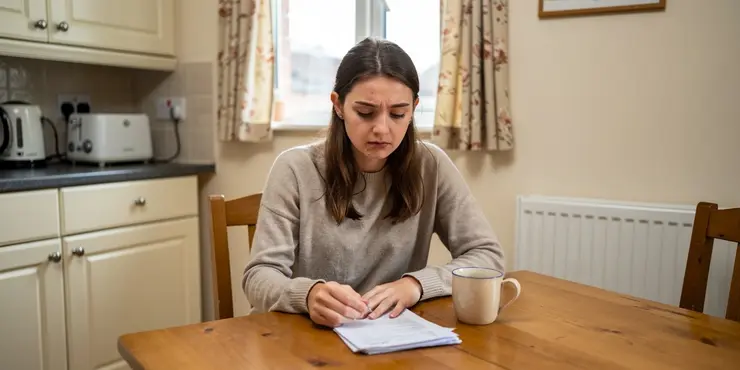
Will the £500 cost of living payment affect my benefits?
Relevance: 36%
-
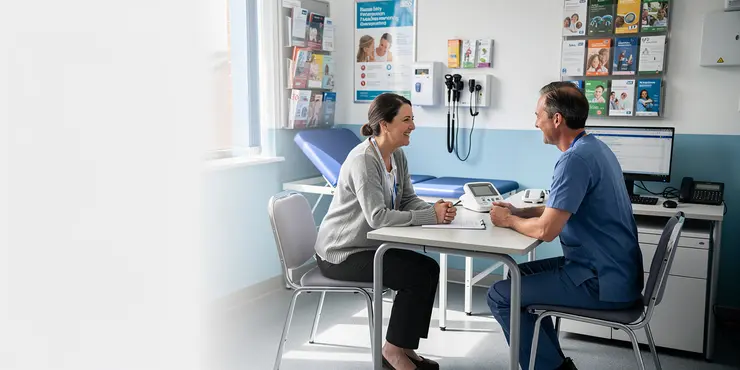
What is a 'balloon payment' in a PCP deal?
Relevance: 35%
-
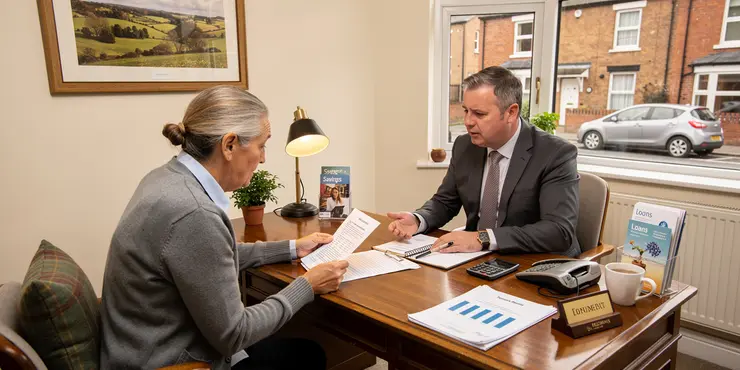
What happens if I've missed the payment deadline already?
Relevance: 35%
-
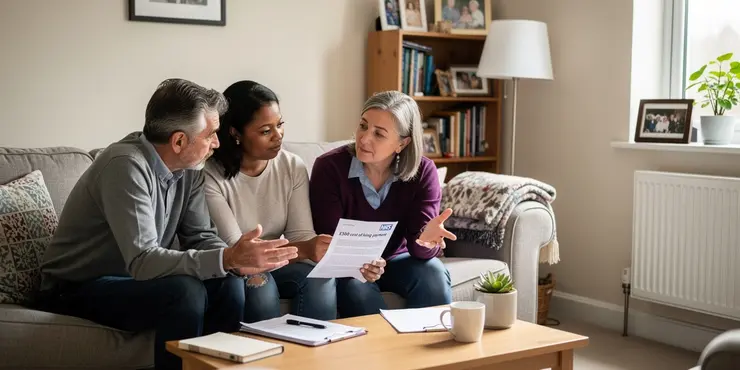
Are there any fees to apply for the £500 cost of living payment?
Relevance: 35%
-
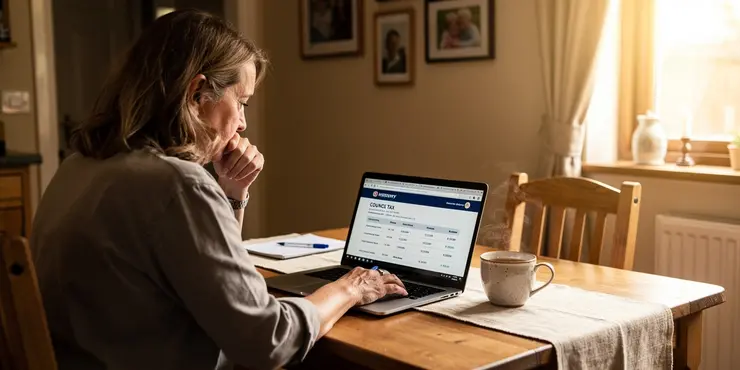
Can I access my Council Tax payment history online?
Relevance: 34%
-
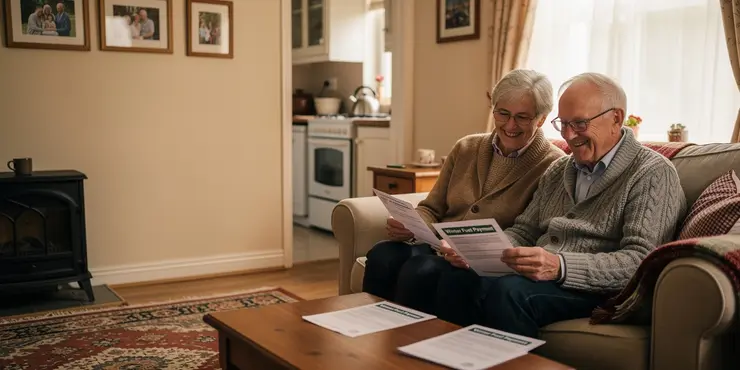
Is there a deadline to claim the Winter Fuel Payment?
Relevance: 34%
-
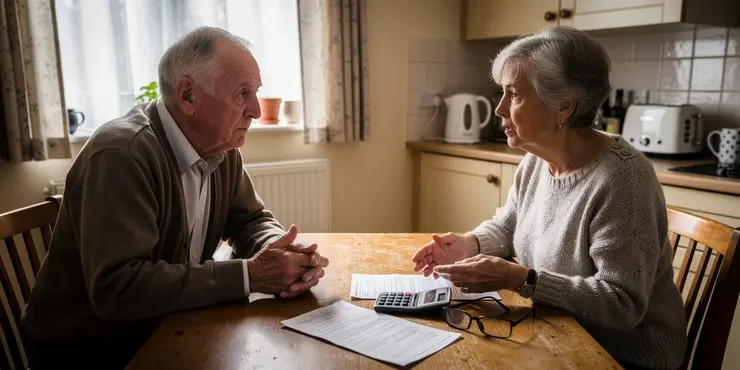
When will I receive the Winter Fuel Payment?
Relevance: 34%
-
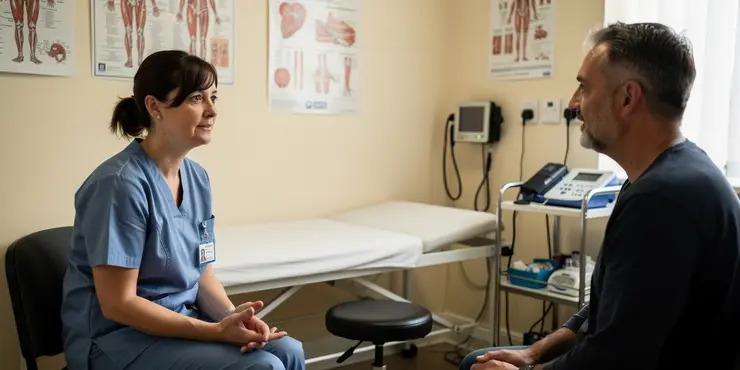
What happens to my monthly payments if interest rates rise?
Relevance: 34%
-
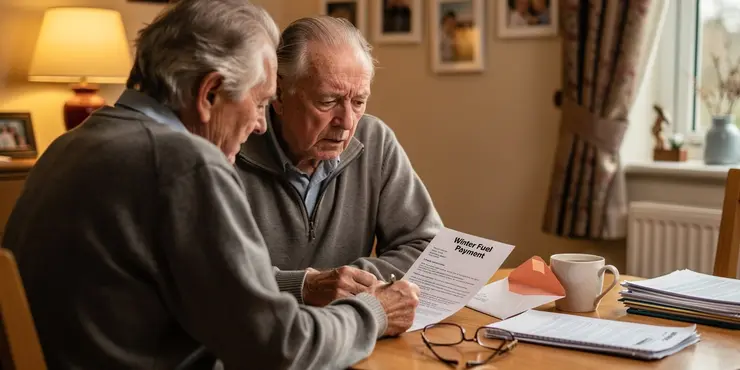
Does receiving the Winter Fuel Payment affect my other benefits?
Relevance: 34%
-
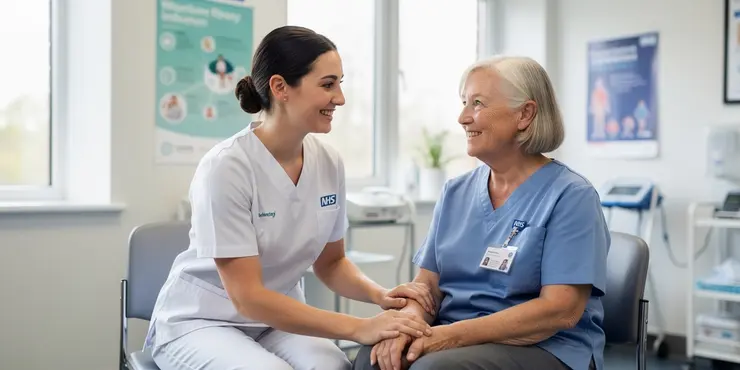
How will I receive the £500 payment?
Relevance: 34%
-
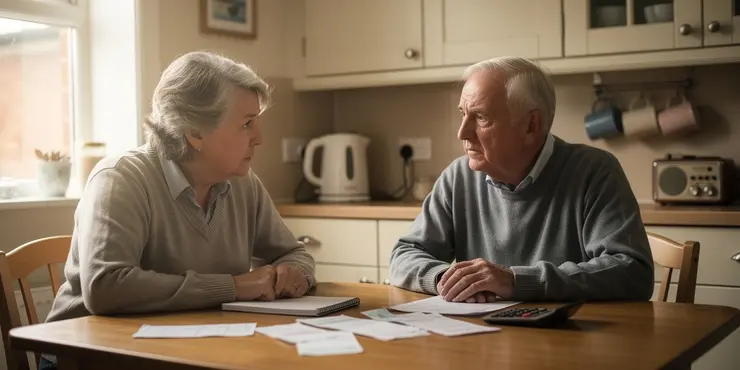
Are pensioners eligible for the £500 cost of living payment?
Relevance: 34%
-
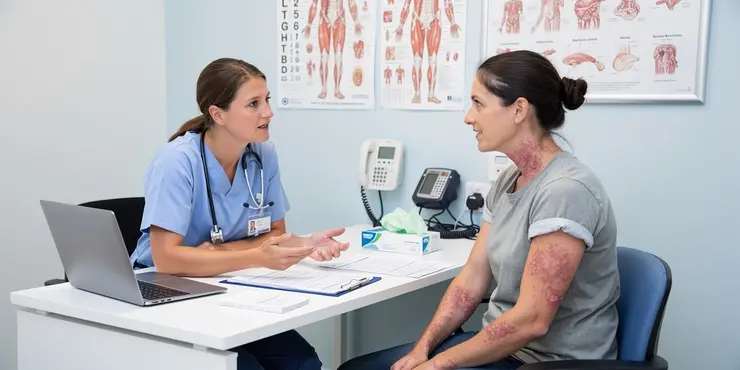
Can nettle rash spread from person to person?
Relevance: 34%
-
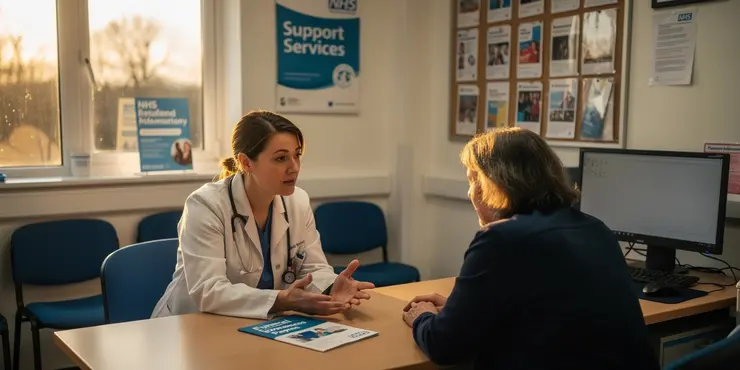
Who is eligible for a Funeral Expenses Payment?
Relevance: 34%
-
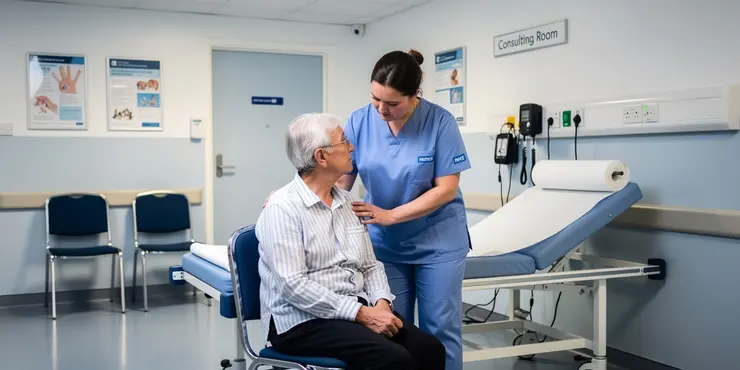
Can Nipah Virus be transmitted from person to person?
Relevance: 34%
-
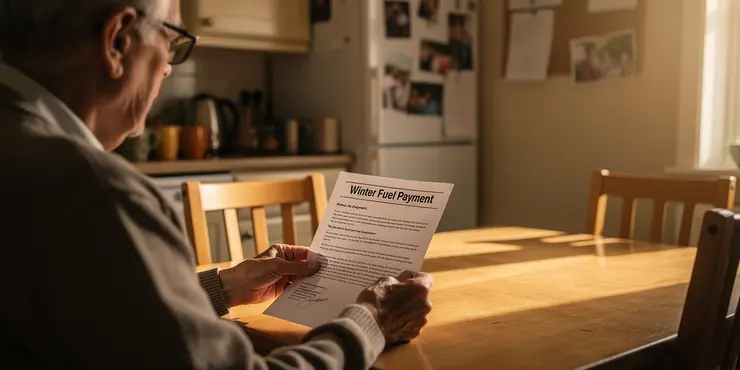
When is the Winter Fuel Payment paid out?
Relevance: 34%
-
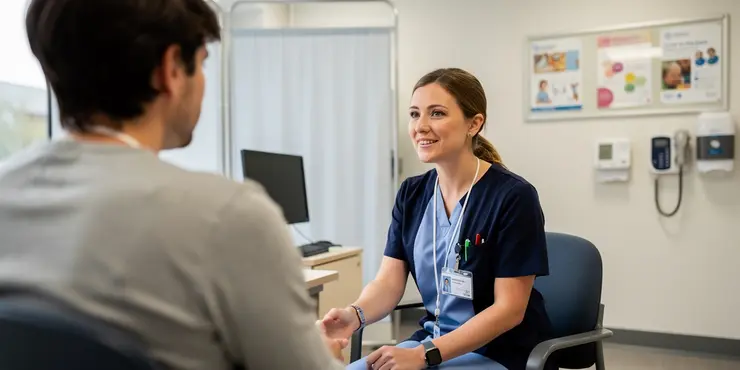
Will I get a notification once my payment is made?
Relevance: 34%
-
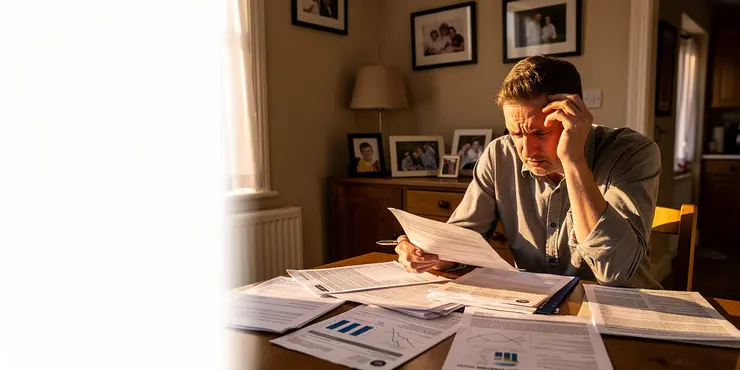
Is there a penalty for late payment of Stamp Duty in the UK?
Relevance: 33%
-
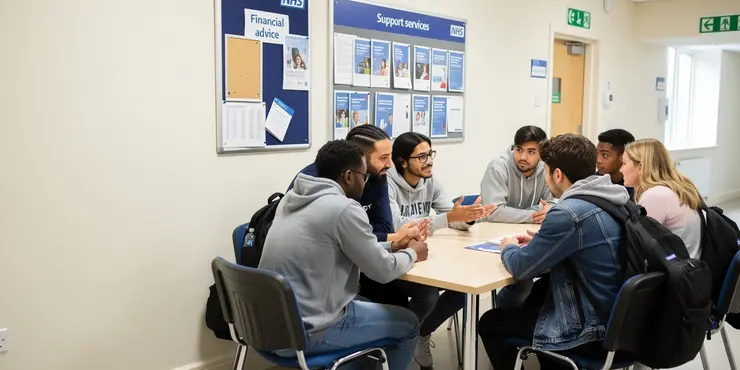
Will students receive the payment directly into their bank accounts?
Relevance: 33%
-
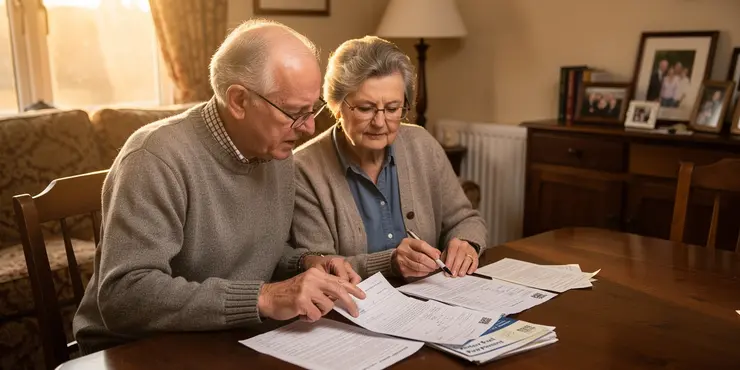
How do I apply for the Winter Fuel Payment in Scotland?
Relevance: 33%
Introduction to Personal Independence Payment (PIP)
Personal Independence Payment (PIP) is a welfare benefit in the United Kingdom designed to support individuals with long-term health conditions or disabilities. It helps cover extra costs associated with these conditions, providing essential financial assistance to those in need. PIP is intended for people aged 16 to 64 who need help with daily living activities or mobility due to a long-term health condition or disability.
Eligibility Criteria
To be eligible for PIP, an individual must meet certain criteria. Applicants should be aged between 16 and state pension age. They must have a health condition or disability where they've had difficulties with daily living for at least three months and expect these difficulties to continue for at least nine months. This does not apply if you are terminally ill, and in such cases, a different claims process is available.
The assessment focuses on how the condition affects the individual’s ability to perform certain everyday tasks and mobility activities. The evaluation involves a points-based system split into two components: daily living and mobility. Each of these components has its own set of activities and scores, determining the level of support required.
Components of PIP
PIP is comprised of two main components: the 'daily living' component and the 'mobility' component. Each component can be awarded at either a standard or enhanced rate, depending on the severity of the claimant's condition. The daily living component is meant for those who need assistance with everyday tasks such as eating, washing, dressing and communicating. The mobility component helps those who have difficulty moving around or need assistance planning and following a journey.
Application Process
Applying for PIP involves several steps. Initially, a claimant must contact the Department for Work and Pensions (DWP) to make a claim. They will receive a paper or online form to complete, detailing how their condition affects their daily life. Supporting evidence from healthcare professionals can be crucial in making a strong case. After submitting the form, most claimants will be invited to a face-to-face assessment with a health professional to discuss their abilities and needs. Based on this assessment, a decision is made regarding eligibility and the level of payment.
Reassessments and Reviews
PIP is not a permanent award; claimants are subject to periodic reassessments to ensure they continue to meet the criteria. The time frame for these reassessments varies depending on the stability and potential progression of the individual's condition. It’s essential for claimants to report any changes in their condition, as this may affect their entitlement and payment rate.
Conclusion
Personal Independence Payment (PIP) plays a crucial role in supporting UK residents with disabilities and long-term health conditions. By helping to cover additional costs incurred due to these conditions, PIP contributes to improving claimants' quality of life and independence. Individuals interested in applying for PIP are encouraged to gather all relevant medical evidence and fully understand the application process to ensure a fair assessment of their needs.
Introduction to Personal Independence Payment (PIP)
Personal Independence Payment, or PIP, is money you can get if you have a long-term health condition or disability. It helps pay for extra things you might need. If you are between 16 and 64 years old and need help with daily tasks or getting around, PIP might be for you.
Eligibility Criteria
To get PIP, you must be between 16 and the age you get your state pension. You should have had problems with daily tasks or getting around for at least 3 months, and you should expect to have these problems for at least 9 more months. If you are very sick and not expected to live long, there is a different, faster way to apply.
The PIP test looks at how your health problem affects your daily life and moving around. They use a points system to decide if you can get PIP and how much help you need.
Components of PIP
PIP has two parts: 'daily living' and 'mobility'. You can get money for both parts or just one. The 'daily living' part helps if you need help with things like eating, washing, dressing, or talking to people. The 'mobility' part helps if you have trouble moving around or planning a trip.
Application Process
To apply for PIP, you first need to contact the Department for Work and Pensions (DWP). They will send you a form to fill out about how your health affects your life. It's good to have letters from doctors to help tell your story. After sending the form, you might have a meeting with a health worker to talk about what help you need. They will then decide if you can get PIP and how much.
Reassessments and Reviews
PIP is not forever. They will check now and then to see if you still need it. How often they check depends on how your condition might change over time. You must tell them if your condition changes because this can change your PIP payments.
Conclusion
PIP helps people in the UK who have disabilities or long-lasting health problems. It gives money to help with extra costs so people can have a better life. If you want to apply for PIP, collect all your medical info and learn about the process to make sure it's fair.
Frequently Asked Questions
What is Personal Independence Payment (PIP)?
Personal Independence Payment (PIP) is a UK government benefit designed to help with the extra costs of living with a long-term health condition or disability.
Who is eligible for PIP?
To be eligible for PIP, you must be aged 16 or over and have a health condition or disability where you have had difficulties with daily living or mobility for at least three months and expect them to continue for at least nine months.
How is PIP assessed?
PIP is assessed through a points-based system across two components: daily living and mobility. Each component can be awarded at either a standard or enhanced rate.
What are the two components of PIP?
The two components of PIP are the daily living component and the mobility component, each designed to address different aspects of care and mobility needs.
What are some examples of daily living activities assessed for PIP?
Daily living activities may include preparing food, eating and drinking, managing treatments, washing and bathing, and making decisions about money.
How do you apply for PIP?
You apply for PIP by calling the Department for Work and Pensions (DWP) to start your claim, then filling out a form and providing medical evidence.
How long does it take to get a PIP decision?
The time it takes to get a PIP decision varies but it usually takes between three to four months from when you start your claim to when you receive a decision.
Can you appeal a PIP decision?
Yes, you can appeal a PIP decision if you disagree with it. You must first request a mandatory reconsideration from the DWP before making a formal appeal.
How often is PIP reviewed?
PIP is usually reviewed periodically, with the frequency of reviews depending on the likelihood of changes in the claimant's condition or circumstances.
What is the difference between PIP and Disability Living Allowance (DLA)?
PIP is replacing DLA for people aged 16 to 64. PIP is designed to better reflect today's understanding of disability and is assessed independently of a person's income or savings.
Is PIP means-tested?
No, PIP is not means-tested, which means it is not affected by your income, savings, or employment status.
What evidence is needed for a PIP claim?
Evidence for a PIP claim includes medical reports, letters, care plans, or any other documentation that explains how your condition affects your daily life.
Can you receive PIP if you work?
Yes, you can receive PIP if you are working, as it is not affected by employment status.
How does the PIP assessment process work?
The PIP assessment process involves filling out a claim form, providing medical evidence, and usually attending a face-to-face consultation with a health professional.
What happens at a PIP consultation?
At a PIP consultation, a health professional will ask you questions about how your condition affects your daily life and may perform some physical or mental exercises.
Can you get PIP for mental health conditions?
Yes, PIP is available for mental health conditions if they cause significant difficulties with daily living or mobility.
How are the PIP components and rates determined?
PIP components and rates are determined based on the level of assistance needed for daily living or mobility tasks, with each task scored for its impact on independence.
Can PIP be backdated?
PIP cannot be backdated. Payments start from the date you apply, so it's important to apply as soon as you're eligible.
What impact does PIP have on other benefits?
Receiving PIP can increase or entitle you to other benefits like Housing Benefit, Employment and Support Allowance, or Tax Credits, although it doesn't affect Universal Credit.
Can children receive PIP?
Children under 16 cannot receive PIP. They may be eligible for Disability Living Allowance (DLA) instead.
What is Personal Independence Payment (PIP)?
PIP is money from the government. It helps people who find things hard because of a disability or long-term health problem.
If you need help with everyday things, PIP can help you. It can help with money to pay for things you need.
Talking to someone about PIP or using a helper can make it easier to understand. You can also use apps that read text out loud to you.
Personal Independence Payment, or PIP, is money from the UK government. It helps people who have health problems or disabilities. This money helps pay for extra things they need because of their condition.
Who can get PIP?
If you want to get PIP, you need to be 16 years old or older. You must have a health problem or disability. This must make daily activities hard or make moving around difficult. These problems should have been happening for at least three months. You should expect them to continue for at least nine more months.
How do they check PIP?
PIP is checked by looking at how you do daily activities and if you need help. Someone from PIP will ask you questions about how you manage. They might visit you or talk to you on the phone.
You can ask someone to help you during this check. This helper can be a friend, family, or a professional. They can come with you or be on the call with you.
It helps to keep notes about your daily activities. Write down what is hard for you and why you need help. You can show these notes to the person checking PIP.
If you use tools to make things easier, like a walker or special utensils, tell them. This helps show what kind of support you need.
You get PIP by collecting points. There are two parts: daily living and moving around. Each part can have two levels: standard or enhanced.
What are the two parts of PIP?
PIP has two parts.
PIP is money to help people with extra needs.
The two parts of PIP are:
- Daily Living: Money to help with everyday things.
- Mobility: Money to help with getting around.
Ask for help if you find reading hard. You can use tools that read out text for you.
PIP has two parts. One part is called the daily living part, which helps with everyday tasks. The other part is the mobility part, which helps with moving around.
What daily activities do they check for PIP?
PIP is short for Personal Independence Payment. It helps people who need extra support.
To get PIP, they see how you do everyday things like:
- Eating and drinking
- Getting dressed
- Washing yourself
- Using the toilet
- Reading
- Talking and listening
You can use tools like picture cards or ask someone for help to make these activities easier.
Things you do every day can include making food, eating and drinking, taking medicine, washing and bathing, and deciding how to use your money.
How do you apply for PIP?
PIP means Personal Independence Payment. It is money to help people who need extra support.
Here is how to apply for PIP:
- Call the PIP number: You or someone who helps you can call. You need to tell them your name, address, and details like your date of birth.
- Fill out the form: They will send you a form. You or someone who helps you need to fill it with information about your health and how it affects your daily life.
- Send back the form: After filling it, send the form back to them.
- Medical check: You might need to meet with a healthcare professional. They will ask you some questions to understand your needs.
- Wait for a decision: They will write to you with their decision. It will say if you can get PIP and how much money you will receive.
If you find reading hard, you can:
- Ask someone to read or explain it to you.
- Use tools that read out loud.
- Break down the information into small steps.
Remember, you can ask for help anytime!
You can ask for PIP by phoning the Department for Work and Pensions (DWP). First, call them to start your claim. Then, fill out a form and give them any medical papers you have.
How long do you wait to hear about PIP?
It takes some time to get a decision about PIP. This can take about three to four months. The time starts when you first apply for PIP until you get a decision about your claim.
Here are some things that might help you:
- You can write down important dates on a calendar.
- Ask a friend or family member for help.
- Keep all your letters and papers in one place so you don't lose them.
Can you ask for a PIP decision to be changed?
Yes, you can ask for the PIP decision to be looked at again if you do not agree with it. First, you need to ask the DWP to think about their decision again before you can make a formal appeal.
Here are some tips to help:
- Write your reasons clearly: Explain why you think the decision should be changed.
- Ask for help: A friend, family member, or support worker can help you.
- Use a computer or tablet: This can make writing easier.
- Take your time: Don’t rush. Make sure you understand each step.
How often do they check PIP?
PIP stands for Personal Independence Payment. It is money to help people who need extra help because of a long-term illness or disability.
They usually check PIP every 1 to 10 years. It depends on your needs and condition.
If you want help with PIP, ask someone you trust or use a tool like a calendar to remind you of reviews.
PIP stands for Personal Independence Payment. It is checked from time to time. How often they check depends on if your situation or health might change soon.
How is PIP different from Disability Living Allowance (DLA)?
PIP and DLA are both types of money help for people with disabilities. Here is how they are different:
- PIP (Personal Independence Payment): This is for people aged 16 and older. It helps with extra costs if you have a long-term health condition or disability.
- DLA (Disability Living Allowance): This is for children under 16. It helps with extra costs if a child needs extra care or has walking difficulties.
Helpful tools:
- Ask someone you trust to help you understand.
- Use pictures or drawings to explain what PIP and DLA do.
- Break down the information into small steps.
PIP is a new benefit for people aged 16 to 64. It is taking the place of DLA. PIP helps better understand people's needs today. It does not look at how much money you have.
Do you need to show how much money you have to get PIP?
No, PIP is not tested by how much money you make. This means it doesn’t matter how much you earn, save, or if you have a job.
What proof do you need to get PIP?
PIP is money from the government to help people who have trouble with daily activities or moving around.
To get PIP, you need to show why you need help. Here are some tips:
- Get a letter from your doctor. The letter should say what your health problem is and how it affects you.
- Ask someone who helps you, like a carer, to write about how they help you.
- Keep a diary for a week. Write down the things you find hard to do every day.
- Take pictures if something in your home helps you, like a stair lift or walking stick.
If you need help to write this, ask a friend or family member. You can also talk to a support worker or call a help line for advice.
When you ask for PIP support, you need to show proof. This proof can be:
- Letters from your doctor
- Reports about your health
- Plans that say how you get help
- Any paper that shows how you feel each day
These papers help show how your health makes things hard for you each day.
If reading is hard, you can ask someone to help you read and fill out forms. Things like text-to-speech tools can also help.
Can you get PIP if you have a job?
Yes, you can get PIP even if you work. PIP is money to help if you have problems doing everyday things or moving around.
Here are some tips to help understand:
- Use a helpful tool like a ruler or finger to keep your place when reading.
- Ask someone to read the question with you and talk about what it means.
Yes, you can get PIP if you have a job. Having a job does not change if you can get PIP.
What is the PIP assessment process?
PIP stands for Personal Independence Payment. It is money to help people who have trouble with daily living or getting around.
Here is how the process works:
- You send in a form to apply for PIP.
- You might need to have a meeting called an assessment. This can be at home, in a center, or over the phone.
- A person called an assessor will ask you questions. They will see what help you need.
- The assessor writes a report and sends it to the people who decide if you can get PIP.
- You get a letter telling you if you can get PIP and how much.
If you need help, you can:
- Ask someone to help you fill out forms.
- Bring a friend or family member to the assessment with you.
The PIP process is how you get help from the government if you are sick or have a disability.
First, you fill out a form. This form tells them about your health and what help you need.
Next, you give them your doctor’s notes to show proof of your illness or disability.
Then, you will usually meet with a health worker, such as a nurse or doctor. This meeting helps them understand your needs better.
If you need help with this process, you can ask a friend, a family member, or someone who helps people understand forms. Some people use easy tools like colored pens to help highlight important parts of their forms.
What happens at a PIP meeting?
If you have a PIP meeting, you will talk about how you feel and what you can do. PIP is money from the government for help. It helps if you find things hard because of a disability.
At the meeting, someone will ask you questions. They want to know if you need extra help.
- First, they will say hello and tell you what will happen.
- They will ask how your disability affects your daily life.
- You can tell them if you have good or bad days.
- It is ok to bring someone with you. They can help you talk.
You can also use pictures, drawings, or notes to help explain your answers.
It is important to be honest so they can understand how to help you best.
At a PIP meeting, a health worker will ask you questions about how your condition makes your daily life hard. They might also ask you to do some simple physical or mental tasks.
Can you get PIP for mental health?
Yes, you can get PIP if you have mental health problems. PIP is money from the government to help people who have extra needs because of their health.
If you have trouble doing things because of your mental health, you can apply for PIP. You will need to tell them how your life is harder because of your mental health.
If you need help, a carer or friend can help you fill in the form.
Yes, you can get PIP for mental health if it makes it hard to do everyday things or to move around.
How do they decide PIP parts and money?
PIP helps people who need support with daily life or moving around.
There are different levels of help. It depends on how much support you need.
Each task gets a score. This score shows how much help you need to do it on your own.
Can PIP Money Start from an Earlier Date?
PIP money does not start from before you apply. You get payments from the day you send in your application. So, it is really important to apply as soon as you can.
How does getting PIP affect other benefits?
Getting PIP (Personal Independence Payment) can change your other benefits. Here is how it can help:
- You could get more money on certain benefits like Housing Benefit or Universal Credit.
- Sometimes, other benefits might not count PIP, so you can get full amounts of both.
It is a good idea to ask someone for advice. You can talk to Citizens Advice or use benefit calculators online to help you understand.
Getting PIP money can help you get more benefits. Benefits are extra money to help you live. You might get help with things like paying for your house, or getting money if you can't work because you are ill. But PIP doesn't change Universal Credit money.
Can children get PIP money help?
PIP is money help for people who need extra support.
Children might get this help if they really need it.
Talk to someone who helps families, like a teacher or a social worker.
You can also call a special phone line for help with money. They can give advice.
Children younger than 16 cannot get PIP. They might be able to get Disability Living Allowance (DLA) instead.
Useful Links
This website offers general information and is not a substitute for professional advice.
Always seek guidance from qualified professionals.
If you have any medical concerns or need urgent help, contact a healthcare professional or emergency services immediately.
Some of this content was generated with AI assistance. We’ve done our best to keep it accurate, helpful, and human-friendly.
- Ergsy carfully checks the information in the videos we provide here.
- Videos shown by Youtube after a video has completed, have NOT been reviewed by ERGSY.
- To view, click the arrow in centre of video.
- Most of the videos you find here will have subtitles and/or closed captions available.
- You may need to turn these on, and choose your preferred language.
- Go to the video you'd like to watch.
- If closed captions (CC) are available, settings will be visible on the bottom right of the video player.
- To turn on Captions, click settings .
- To turn off Captions, click settings again.
More Items From Ergsy search
-

What is Personal Independence Payment (PIP)?
Relevance: 100%
-

What is Personal Independence Payment (PIP)?
Relevance: 95%
-

What is Personal Independence Payment (PIP) & Attendance Allowance?
Relevance: 89%
-

Can people with autism lead independent lives?
Relevance: 50%
-
What is the role of independent financial advisors in pension planning?
Relevance: 47%
-

Can the payment be used for any expenses?
Relevance: 43%
-

Should I buy holiday insurance from a travel agent or search independently?
Relevance: 42%
-

Can I get the Winter Fuel Payment if I receive other benefits?
Relevance: 42%
-

Can I receive this payment alongside other cost of living payments?
Relevance: 40%
-

Is the £500 cost of living payment a one-time payment?
Relevance: 40%
-

Is the £500 cost of living payment a one-time payment?
Relevance: 39%
-

How long will it take to receive the payment after applying?
Relevance: 37%
-

Can I apply for the payment for someone else?
Relevance: 37%
-

What is a payment on account?
Relevance: 37%
-

Is the Winter Fuel Payment taxable?
Relevance: 37%
-

Can Chikungunya be transmitted from person to person?
Relevance: 36%
-

Are students eligible for the £500 cost of living payment?
Relevance: 36%
-

When will the £500 payment be distributed?
Relevance: 36%
-

Can I claim the Winter Fuel Payment on behalf of someone else?
Relevance: 36%
-

Where can I find more information about the £500 cost of living payment?
Relevance: 36%
-

Can I receive the payment if I already receive other benefits?
Relevance: 36%
-

Will the £500 cost of living payment affect my benefits?
Relevance: 36%
-

What is a 'balloon payment' in a PCP deal?
Relevance: 35%
-

What happens if I've missed the payment deadline already?
Relevance: 35%
-

Are there any fees to apply for the £500 cost of living payment?
Relevance: 35%
-

Can I access my Council Tax payment history online?
Relevance: 34%
-

Is there a deadline to claim the Winter Fuel Payment?
Relevance: 34%
-

When will I receive the Winter Fuel Payment?
Relevance: 34%
-

What happens to my monthly payments if interest rates rise?
Relevance: 34%
-

Does receiving the Winter Fuel Payment affect my other benefits?
Relevance: 34%
-

How will I receive the £500 payment?
Relevance: 34%
-

Are pensioners eligible for the £500 cost of living payment?
Relevance: 34%
-

Can nettle rash spread from person to person?
Relevance: 34%
-

Who is eligible for a Funeral Expenses Payment?
Relevance: 34%
-

Can Nipah Virus be transmitted from person to person?
Relevance: 34%
-

When is the Winter Fuel Payment paid out?
Relevance: 34%
-

Will I get a notification once my payment is made?
Relevance: 34%
-

Is there a penalty for late payment of Stamp Duty in the UK?
Relevance: 33%
-

Will students receive the payment directly into their bank accounts?
Relevance: 33%
-

How do I apply for the Winter Fuel Payment in Scotland?
Relevance: 33%


